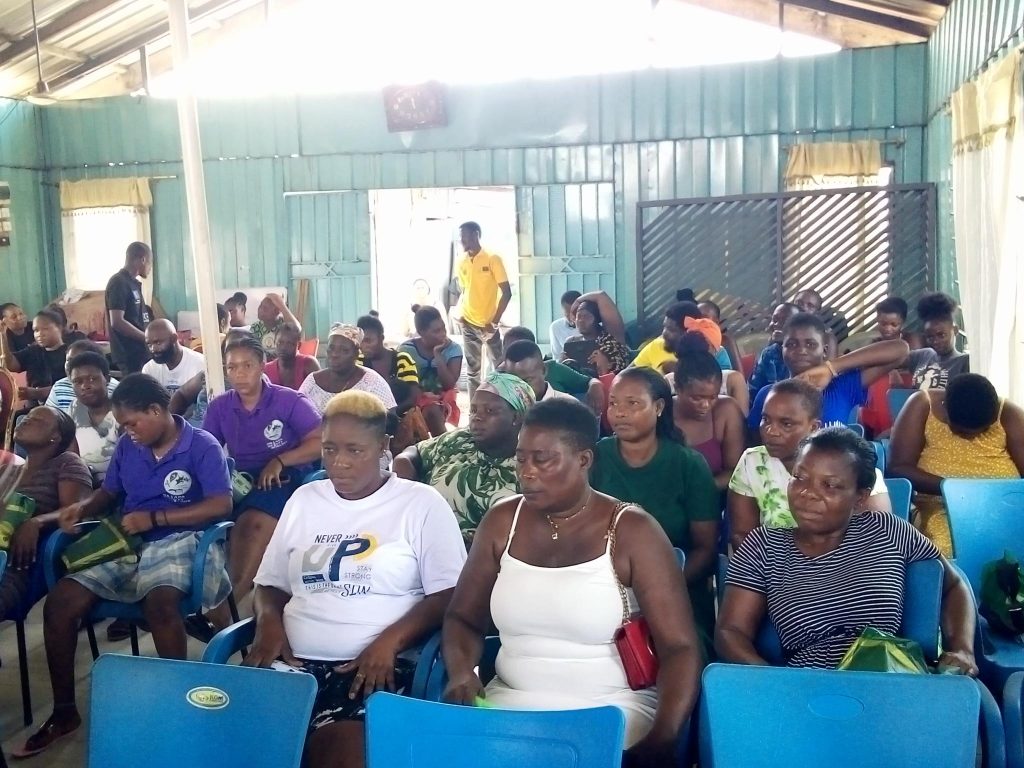
By Benjamin A. Commey
On May 22, in Accra, the Ghana News Agency reported that Ms. Rebecca Frimpong, who works as a Health Promotion Officer at Ussher Hospital located in Ashiedu Keteke, Accra, urged citizens to quickly inform healthcare centers about unusual health issues to ensure timely medical intervention.
She emphasized that early identification was essential for controlling and halting the transmission of Monkeypox (Mpox). This statement came after the Ghana Health Service reported two more instances, raising the nationwide count to four cases.
At a town hall gathering held in James Town during the African Vaccination and Child Health Promotion Week, Mrs. Frimpong encouraged attendees to pay close attention to signs like recurring fevers, headaches, body aches, and skin sores.
"…if you frequently experience fever, perhaps having a high body temperature despite taking medications like paracetamol, then please do not delay in seeking medical attention at the hospital as this indicates an issue that may not be related to malaria," she stated.
"If it's malaria, two to three days might have been sufficient, but if your fever persists even after starting medication, this indicates that there could be an underlying issue," she explained.
The gathering was organized by the National Commission for Civic Education (NCCE) in partnership with Ussher Hospital to increase public understanding of child health and immunization.
The theme for this year’s celebration is: Each Child Needs a Thriving Future: Support Your Child. Participate in 'Weight Monitoring' Routinely.
Mrs. Frimpong cautioned that similar to COVID-19, Mpox is perilous and ought to be treated with seriousness.
She mentioned serious complications due to delayed diagnosis, such as blindness, miscarriage, and even death.
" Mpox is not a condition to be taken lightly, so we must treat it with great seriousness," she stressed.
She recommended that people stay away from those who are infected and maintain proper hygiene, which includes frequent handwashing and using face masks.
Mr. Gabriel Ofori Bekoe, an NCCE officer serving in the Ashiedu Keteke Sub-metro area, urged locals to utilize vaccination programs and uphold both individual and communal cleanliness to avoid potential disease outbreaks.
Mrs. Gloria Amarki Kudo, the Deputy Greater Accra Regional Director of the NCCE, encouraged new mothers to prioritize breastfeeding to protect the well-being of their infants.
Monkeypox is a viral illness transmitted via close interaction with affected people, creatures, or tainted objects. Its symptoms encompass a rash, fever, enlarged lymph nodes, and exhaustion.
GNA
Edited by Kenneth Sackey
Post a Comment for "Public Urged to Report Unusual Symptoms as Mpox Cases Surge Worldwide"